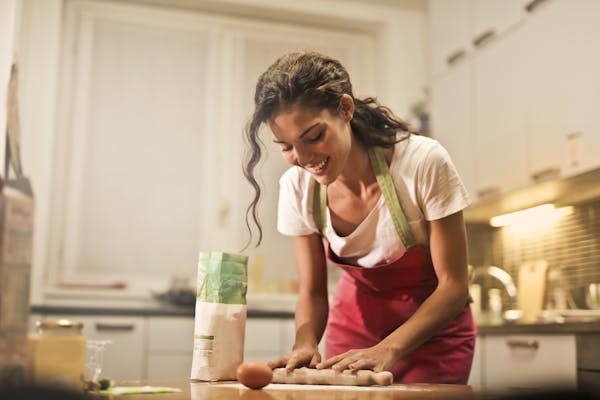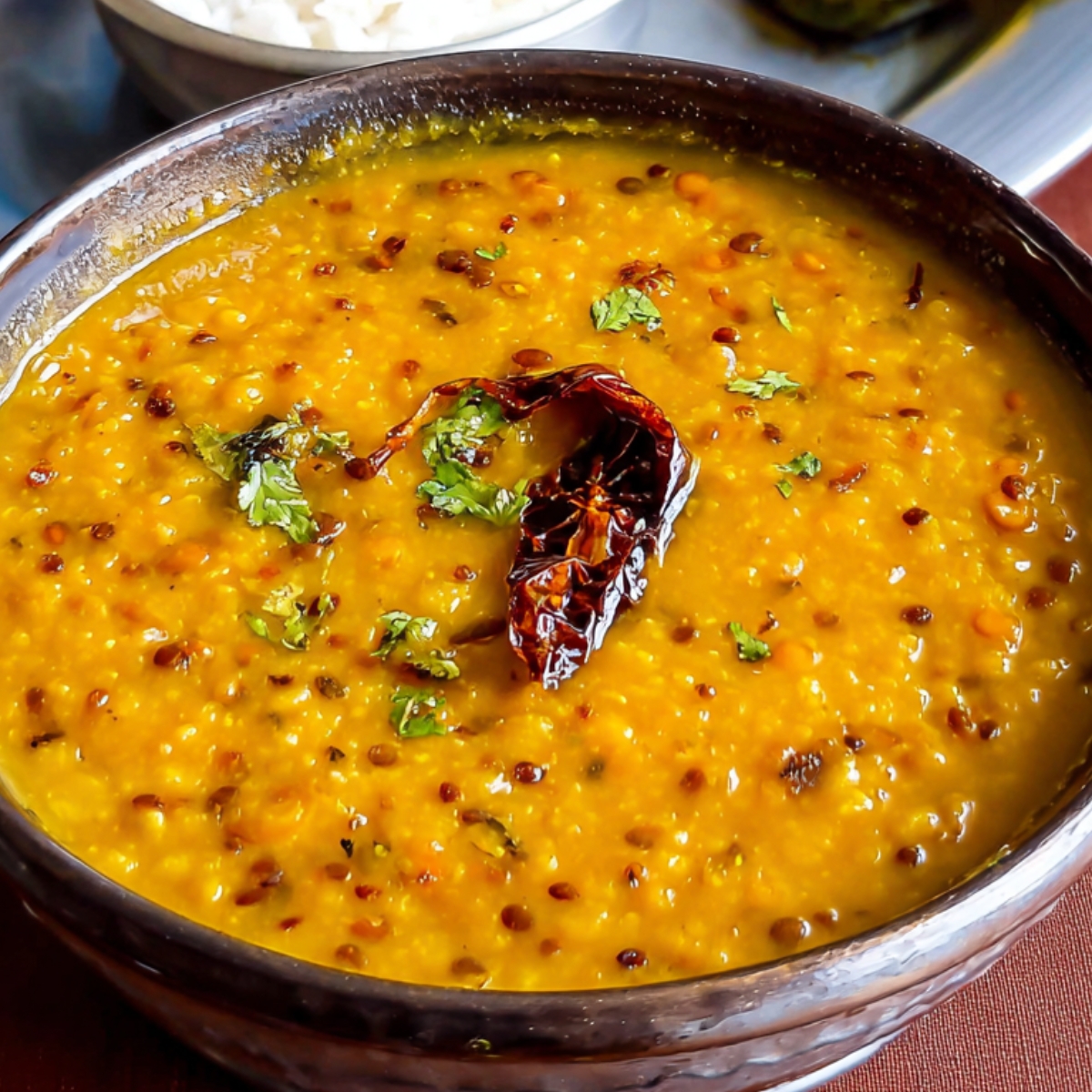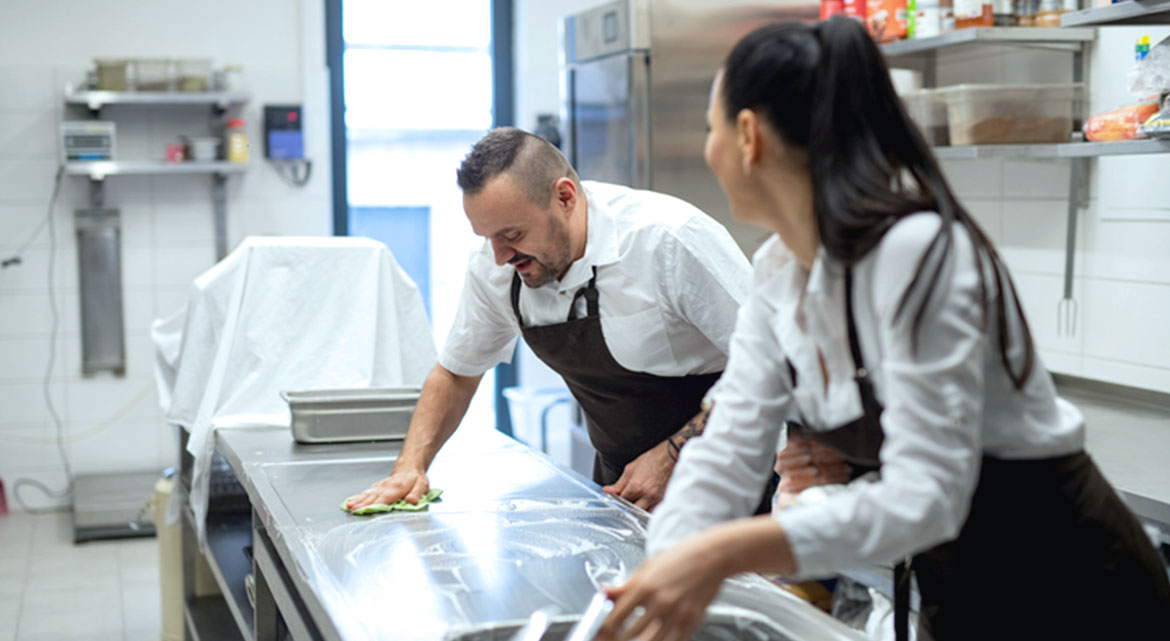Chef Reem Assil publishes first cookbook, “Arabbiya”
If you have followed her career, it comes as no surprise that Oakland chef and social justice warrior Reem Assil is a finalist for the coveted James Beard award for outstanding chef.
Assil, the owner of the Arab bakery and restaurant, Reem’s California, in San Francisco’s Mission district, and its commissary kitchen in Oakland’s Fruitvale district, has introduced legions of fans to face-meltingly delicious Syrian-Palestinian food. She’s mentored Arab chefs who have gone on to open their own restaurants, including Samir Mogannam of Beit Rima and Mohammad Abutaha of Shawarmaji. She has helped create a more equitable kitchen, dismantling hierarchical systems and bringing the people who are often on the fringes to the center. And her restaurant, Reem’s, has spent the past 15 months preparing for worker-ownership, which should be official by year’s end.
Somewhere along the way, Assil found time to feed an estimated 100,000 people impacted by COVID-19, start the Fruitvale Workers COVID-19 Hardship Fund to provide assistance to restaurant workers and, most recently, write a deeply personal first cookbook, a collection of “recipes for resilience” that illustrates how Assil’s Arab roots and hospitality have influenced everything she does.

It all started the day Assil quit her job as a community organizer to pursue baking. The entire, inspiring story is laid out in “Arabiyya: Recipes From the Life of An Arab in Diaspora” (Ten Speed Press, $35), starting with her first job at Oakland’s Arizmendi Bakery and her entry into the kitchens of La Cocina, the women’s restaurant incubator program in San Francisco. Her sold-out farmers market stalls led to the opening of her revolutionary Arab street corner bakery.
“Arabiyya,” which means Arab woman, features 100 deliciously bold recipes from Assil’s childhood and from the restaurant. The lineup includes the herby za’atar flatbread, mana’eesh, that started it all, as well as quintessential parsley-flecked patties for burgers and her fattoush salad, a Reem’s menu staple. A self-proclaimed bread obsessive, Assil also shares tips for mastering savory and sweet Arab breads and her must-have pantry staples to “host like an Arab.”
More than spice mixes and layered rice dishes, however, “Arabiyya” stands out for its five emotionally moving essays, in which Assil shares her coming of age as an Arab woman in the United States. Readers will recognize the fierce toddler who told her mother she could cross the street holding her own hand — clasping both in front of her — and relish reading about the revelatory trip Assil took to the Levant in 2010.
There, in the bakeries of Beirut’s bustling Hamra Street, she fell in love with mana’eesh as a vehicle to feed the soul and decided she would enroll in Laney College’s baking and pastry program. There are devastating stories, too, about war dating back to Assil’s grandmother, a woman of grit and determination who grew up in a Jaffa orange-growing family and was one of 700,000 Palestinians expelled from the region in 1948. Assil sees her grandmother in herself.
“As I have built a business and a life of purpose, rooted in our Arab food ways,” she writes, “I’ve come to realize that my grandmother, who loaded the table to its edges with tasty morsels of my favorite foods, lives through me.”
Indeed. We recently caught up with Assil to chat about “Arabiyya.” The book debuts April 19.
Q. You call the recipes in this book “recipes of resilience.” What does that mean for you? For readers?
A. Resilience really means the ability to thrive no matter what. I wanted to celebrate the ability of my people to adapt to anything that comes their way, creating home away from home through their foodways.
For folks reading this, I hope I’ve provided inspiration through my story of how making the best of what you have sometimes makes it even better than it was before, whether it’s the food you cook or the path in life you choose.
Q. Hospitality is a strong theme in “Arabiyya.” What do you most want to convey?
A. Learning from Arabs, hospitality is not only a good virtue, it is the way we survive as humanity. In my research, one story emerges again and again: When we encounter strangers, we welcome them into our homes, establish bonds and even learn from the food practices of our guests.
We are the ultimate community builders. Arab hospitality is how my people have survived desert travel, wars and invasions, and it inspires the dishes I create. That lineage is a beautiful thing, worth tracing and celebrating. This is the dinner party book. It teaches you to host and to approach community building through this lens. I hope that folks will feel inspired to be community builders and host friends and strangers alike.
Q. You have done so much work to bring equality to kitchens. What still needs to be done?
A. There’s so much to be done. One of the goals of Sumoud, our worker ownership apprenticeship program, is for staff apprentices to have more voice and agency in Reem’s governance/decision-making and build the skills, wisdom and confidence to be leaders at work and in our communities.
We want to create and grow a culture in which all individuals, especially those most marginalized, feel heard, seen and respected and that when more of us come together to make decisions together, we have more agency, ownership and equity at our workplaces and in our lives in general. Hopefully doing this will challenge inequitable power dynamics and systems and create safe sanctuary spaces in kitchens and beyond for people to thrive.








